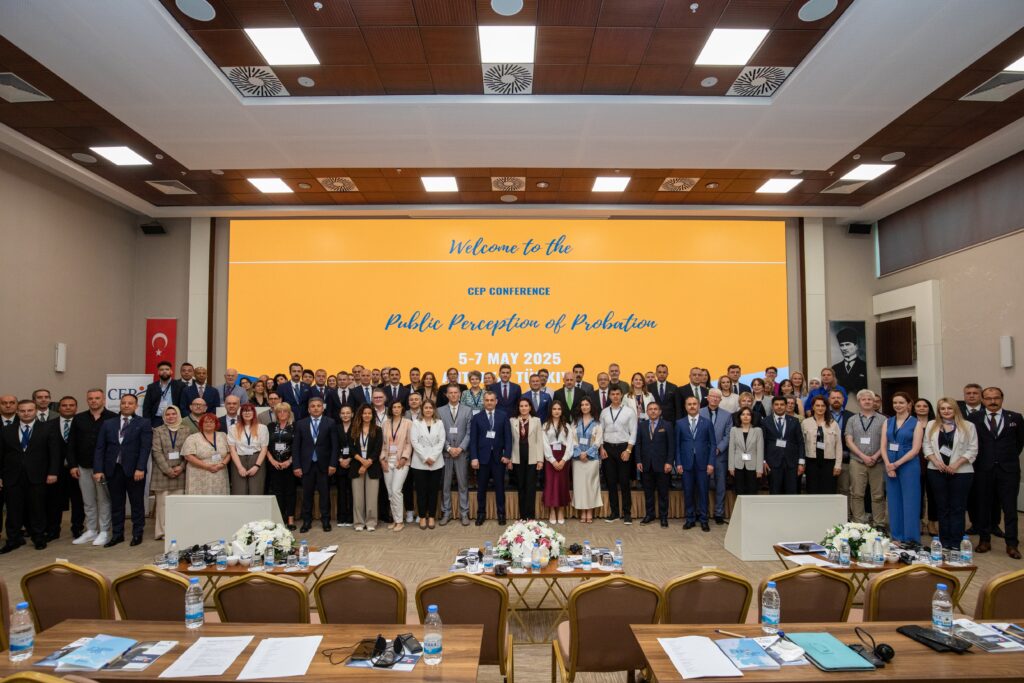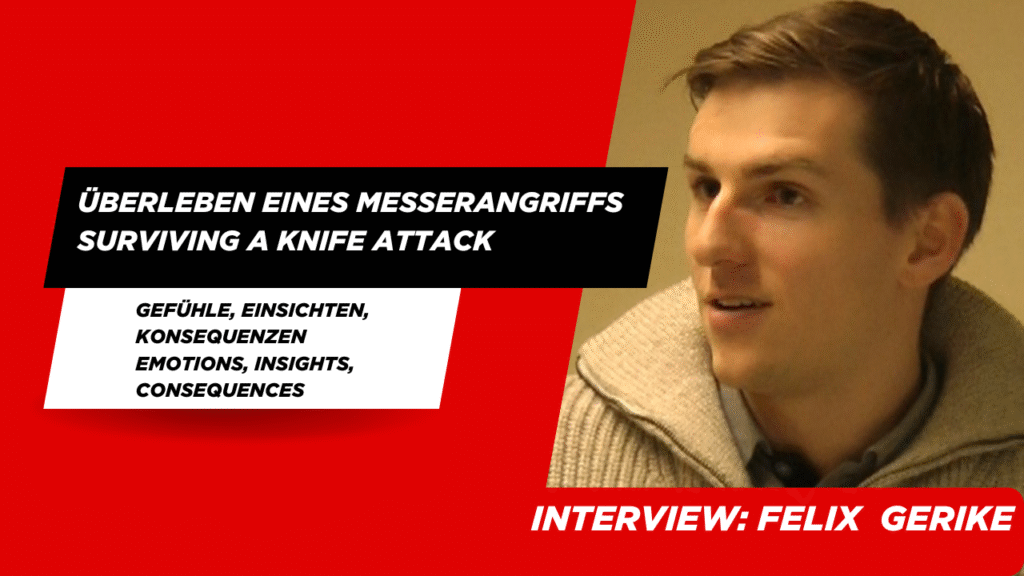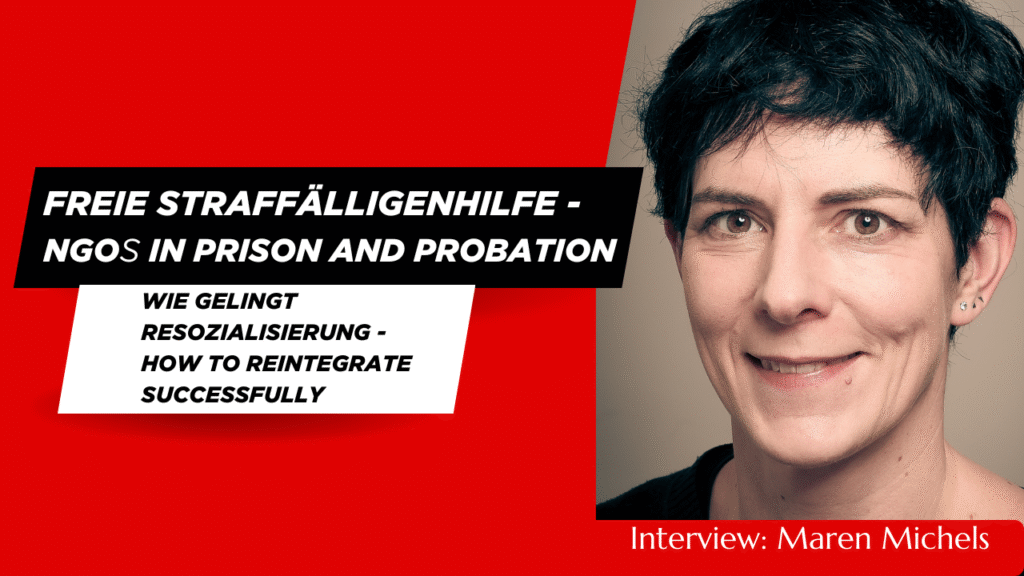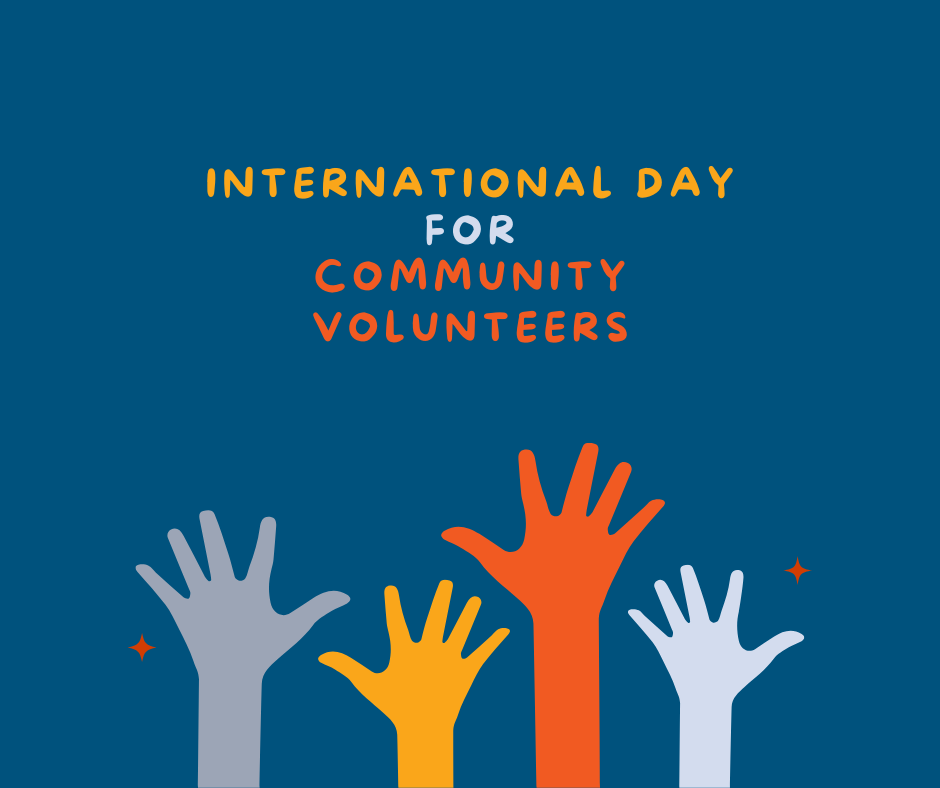Previous Article
News
Successful 3rd European LIAISE2 seminar
On 29 March 2017 the LIASE 2 Project organised its 3rd European LIAISE2 Seminar. Entitled: The prevention of radicalisation in the context of probation and prison: Challenges and opportunities for the partnership between local authorities and judicial actors. The seminar was co-organised by the European Forum for Urban Security (Efus), Confederation of European Probation (CEP) and the City of The Hague.
Aim of the 3rd LIASE 2 seminar was to address the existing challenges and opportunities for partnerships between local authorities and judicial actors in the area of the prevention of radicalisation and reoffending. Participants from thirteen European countries came to the Hague for knowledge sharing of valuable information of challenges through an overview of different European approaches to the phenomenon of radicalisation in the context of probation and prison. A focus on the Dutch approach was given by the Dutch probation services, who presented the risk assessment tools they use as well as their existing partnership. Furthermore, one of the initiatives of the ALTERNATIVE research project, focused on restorative justice and carried out in Northern Ireland, was presented as an example of community involvement and reintegration.
The ICCT presentation also focused on a specific challenge that local authorities and judicial actors will increasingly face in the coming years : the foreign fighters who return to their country of origin from the conflict zones, commonly known as the returnees. ICCT addressed the risk they may represent for security in Europe and the challenges regarding their judicial follow-up and reintegration, but also the role they can play, once they have reintegrated society, in the prevention of radicalisation in their community, in particular among young people.
At the end of day 1 of the conference, the participants could ventilate their ideas on what role former extremist could play in the prevention of radicalization through an interactive panel discussion. Main issues were:
What could be the added value for prevention of working with former extremists? Should we collaborate with people who have abandoned violence but still have extremist views? How should prevention actors cooperate with judicial actors and intelligence services before they engage with a former extremist?
Policymakers are increasingly interested in the role of prison and probation with regards to radicalisation because they can be effective partners in prevention strategies. Indeed, these are often identified as channels through which convicted individuals can benefit from programmes and interventions aimed at strengthening their resilience against extremist influences or supporting them in the process of disengagement.
Whether focused on de-radicalisation, disengagement, rehabilitation or resettlement, such programmes require multi-agency coordination in order to maximise the chances for radicalised individuals to reintegrate society and to minimise the risk of re-offending.
The key role of cities as coordinators of all relevant stakeholders within these multi-agency programmes has been recognised in several countries. This central role has already been highlighted by the European Forum for Urban Security (Efus) in its work on the prevention of re-offending and, since 2014, on the prevention of radicalisation as part of the European projects LIAISE and LIAISE 2. However, although multi-agency cooperation around radicalised offenders, whether in release or probation, has already been highlighted as a key policy principle when designing tertiary prevention initiatives, it remains a key challenge.
Because because of the confidentiality of some presentations, only some presentations of the LIASE2 seminar are available:
Presentation Tim Chapman LIAISE 2 seminar
ICCT Presentation LIAISE2 seminar

Related News
Keep up to date with the latest developments, stories, and updates on probation from across Europe and beyond. Find relevant news and insights shaping the field today.
Recap

CEP Events, Communication and Awareness-Raising
Recap: Conference on Public Perception of Probation
06/05/2025
From 6 to 7 May, the CEP Conference on the Public Perception of Probation in Europe took place in Antalya, Türkiye, bringing together over 100 participants from more than 20 countries. The event offered space for open discussion, exchange of experiences, and practical ideas on how probation is seen and supported across Europe.
New

Probation in Europe
New Interview Online with Felix Gerike, a survivor of a knife attack
01/05/2025
What do victims of violent crime need to recover—and what can be done to prevent such attacks?
In the latest episode of Division_Y, Jo Tein, CEP board member, speaks with Felix Gerike, a survivor of the 2023 Brokstedt knife attack in Germany. Felix played a crucial role in disarming the attacker, helping to prevent further harm. He shares his personal experience, reflections on victim support, and his views on justice and policy responses to violent crime.
Probation in Europe
New Executive Summaries for the report on Building Probation Capacity in Spanish and Italian
01/05/2025
Updated

CEP Board, Probation in Europe
New Interview Online: Maren Michels – The Role of NGOs in Probation
22/04/2025
In the newest Division_Y interview, Maren Michels, director of the Hamburg Welfare Association, shares her experiences and reflects on the vital role that NGOs play in supporting people during and after incarceration.
New

CEP Events
Want to Win a CEP Award? See How Finland Did It – Apply for 2025!
22/04/2025
We’re excited to share an exclusive interview with the winners of the Development of National Probation Services Award from the CEP Awards 2022:
The Prison and Probation Service of Finland.
New

Volunteers
International Day for Community Volunteers
17/04/2025
17 April – International Day for Community Volunteers!
Today, we celebrate the inaugural International Day for Community Volunteers Supporting Offender Reintegration—a day dedicated to acknowledging the vital contributions of volunteers who assist individuals in their journey back into society.
This initiative was launched during the 2nd World Congress for Community Volunteers, held alongside the 6th World Congress on Parole and Probation in The Hague (16–18 April 2024).
At CEP, we’re proud to support the official Declaration on the International Day for Community Volunteers. We’re also actively involved in the CoPPer project—a European initiative aimed at promoting community participation in probation services. CoPPer focuses on training volunteers to support individuals under supervision, helping them access education, employment, and community connections.
A heartfelt thank you to all the community volunteers out there—your dedication makes a real difference.
Subscribe to our bi-monthly email newsletter!
"*" indicates required fields
- Keep up to date with important probation developments and insights.

